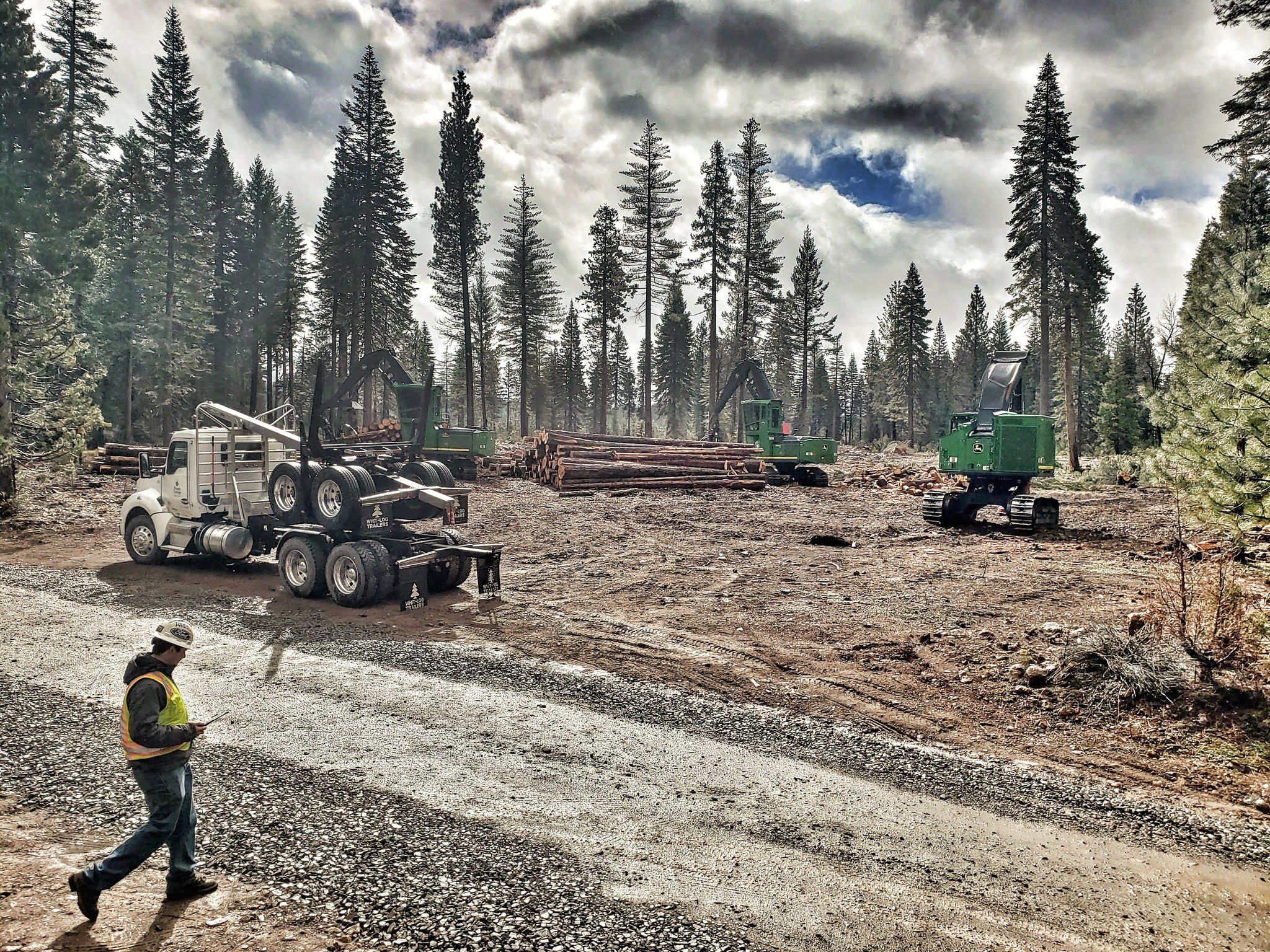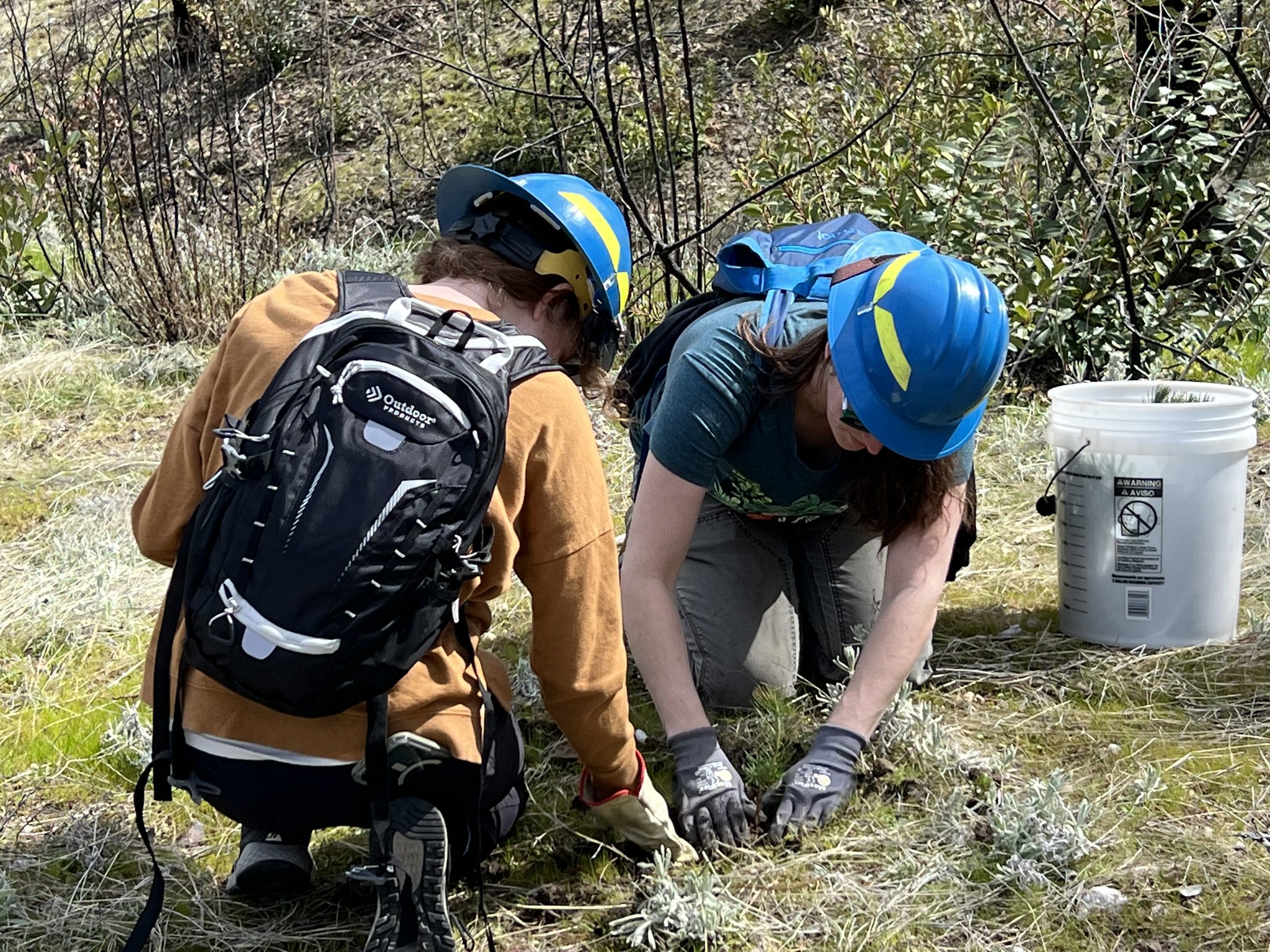Shasta College is a California public community college serving roughly 8,000 students in Redding, California, with additional campuses in Burney, Weaverville, and Red Bluff. Its downtown Redding Health, Sciences & University Center supports the growing healthcare needs of Northern California and Southern Oregon and features partnerships with California State University Chico, the Oregon Institute of Health, and Southern Oregon University. Astoundingly, Shasta College is part of the Shasta-Tehama-Trinity Joint Community College District, which serves an area larger than the state of Massachusetts, and students can complete a degree or certificate from all locations.
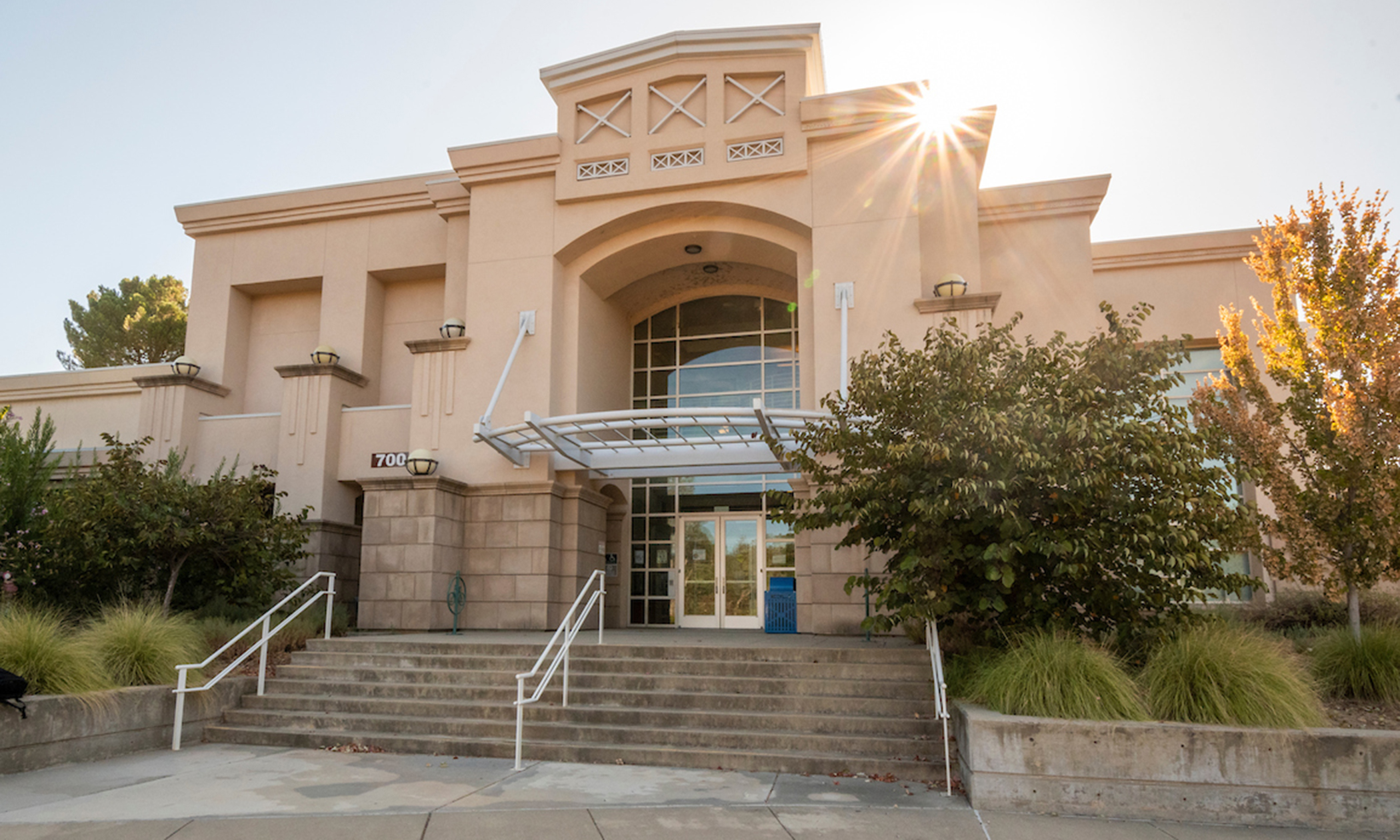
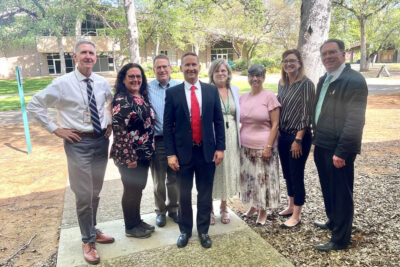

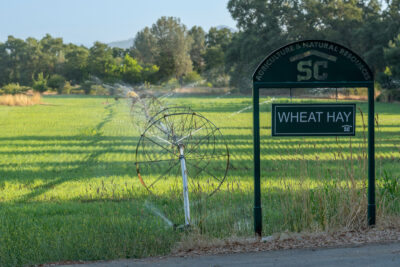
On my visit to the main campus, I was struck by the beauty of the campus and its agriculture, engineering, and forestry programs that are teaching and developing students who will go on to serve industries that impact all Californian’s daily lives. I hope you will appreciate reading more about the college’s logging, forestry, and natural resources programs and enjoy some of the stunning images of their fieldwork.
BRIDGING THE WORKFORCE GAP IN CALIFORNIA’S FOREST SECTOR
About 45 minutes east of Redding, CA, in the heart of the northern Sierras, the unmistakable buzz of a hotsaw can be heard. As you listen, you start picking up the distinct rumblings of logging equipment. Welcome to an outdoor classroom in the middle of the woods. There are no whiteboards or desks but don’t let that fool you!
Shasta College’s 16-unit, one semester Heavy Equipment Logging Operations (HELO) certificate program focuses on building a foundational skillset in operating purpose-built logging equipment. With access to 74,000 acres of real-world training grounds provided by Sierra Pacific Industries (SPI) and led by instructor Jonas Lindblom, an experienced operator in his own right, 88 students since fall 2019 have had the opportunity to gain practical experience through intensive seat time in state-of-the-art logging equipment. HELO has been made possible by, and continues to scale up with, funding from the California Climate Investments, CAL FIRE Forest Health, and EDA Good Jobs Challenge California Resilient Careers in Forestry.
Shasta College HELO students don’t JUST earn a certificate, they also have the opportunity to register as a California Registered Pre-Apprentice. Upon successful completion of their HELO certificate, they are given priority on-ramping into the California Registered Apprenticeship Forest Training (CRAFT), a first-in-the-nation logging and forest workers apprenticeship hosted at Shasta College and developed by industry for industry.
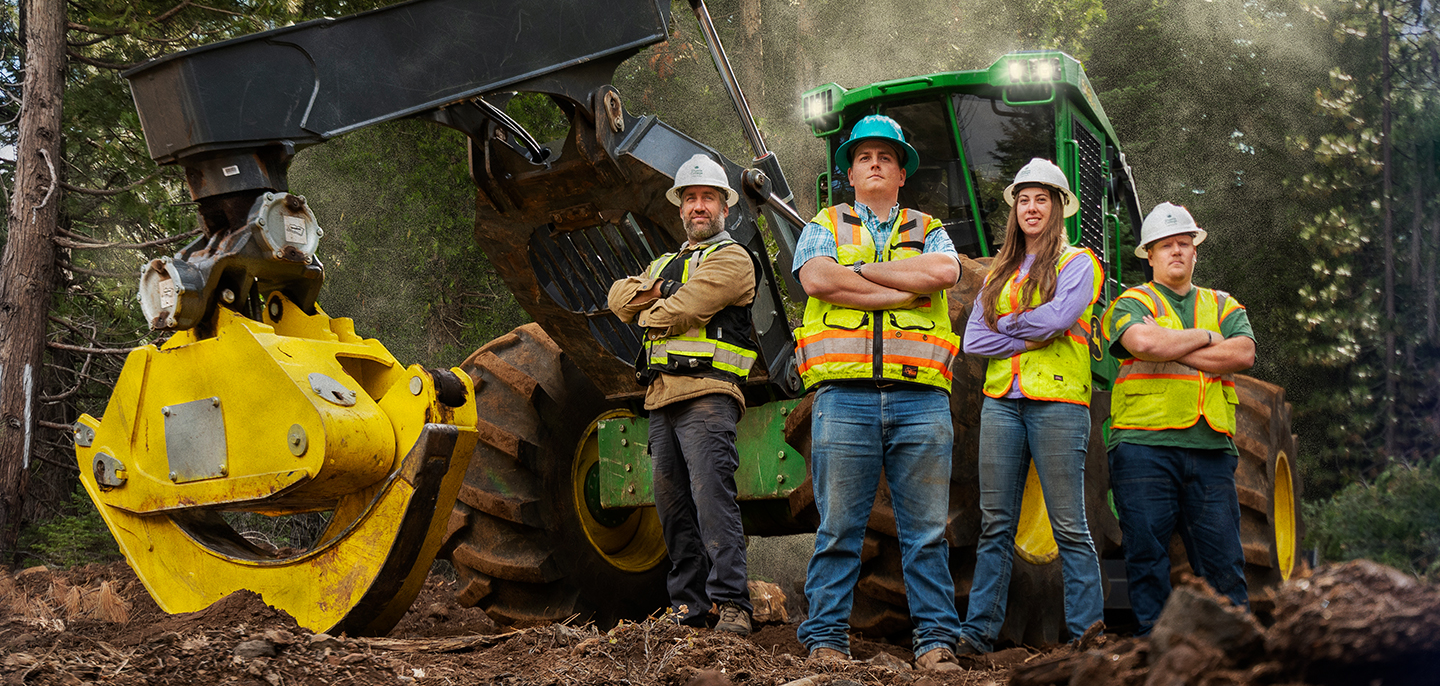
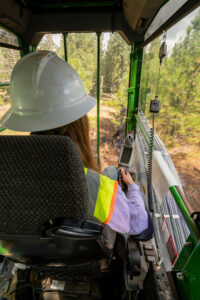
The 74,000-acre outdoor classroom also provides limitless opportunities for students in the Forestry/Natural Resources (FNR) Associates of Science and certificate pathways, led by faculty Melissa Markee, to get out in the field to apply the concepts they are learning in a more traditional classroom setting. It is not uncommon to see crossover between HELO and FNR students and the college is intentional in introducing students in both pathways to the diverse career paths within this sector.
Shasta College’s objectives are twofold: individualized student support and completion while meeting employer partners’ workforce training needs. In Career Technical Education, it is not possible to fully measure success simply by looking at traditional completion metrics. The bottom line is that true success is measured on both sides of that equation. Student completion has no value if the skills gained do not meet the needs of employers and result in employment opportunities for students. Through ongoing refinement and frequent updating of course content as advised by its industry partners, the college is committed to serving both sides of the equation.
Shasta College is also committed to providing equitable access across diverse and non-traditional student populations. Women, veterans and, through Shasta College’s award-winning STEP-UP program, those who have been formerly incarcerated have found success through the applied skills training provided in forest health programs as well as the Commercial Driver License (CDL) Class A/B course sequence. Transportation is a vital associated sector, closely connected to work on the forest, and since fall 2019, Shasta College is proud to have served over 400 students in their pursuit of adding a Class A/B CDL to their qualifications.
With its partners, the college is elevating its applicant pool, reinvigorating the industry, appealing to a younger generation through the showcasing of applied technology in modern mechanical logging equipment, and addressing the very real challenges surrounding an aging workforce in an industry critical to addressing California’s forest health challenges. Restoring and actively managing disturbance-resistant forests solves big societal problems. With a growing public awareness regarding the intrinsic social value of meaningful work in this space, Shasta College is confident that demand for forest sector training will continue to grow.
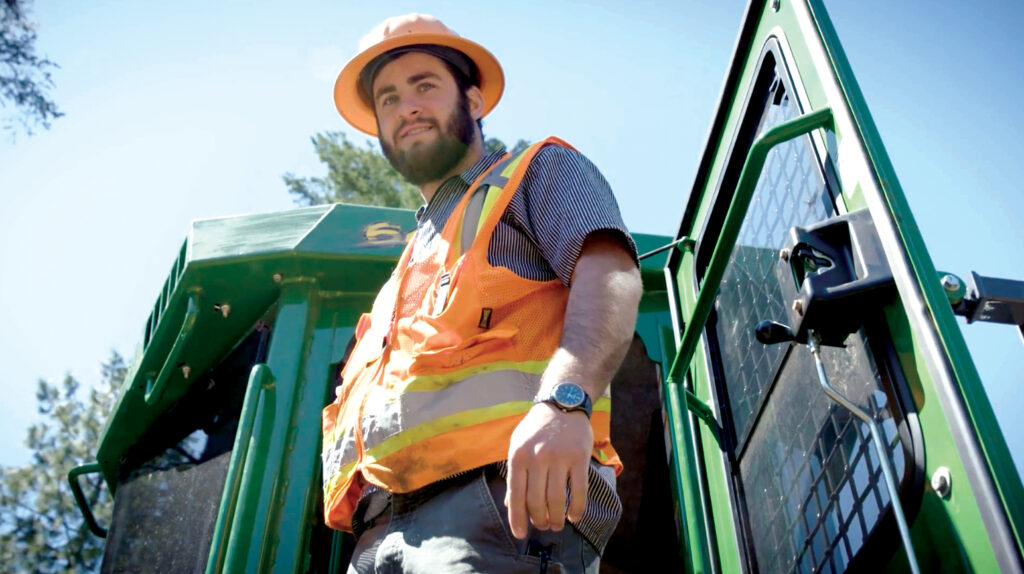
To learn more about Shasta College, visit their website at www.shastacollege.edu.
